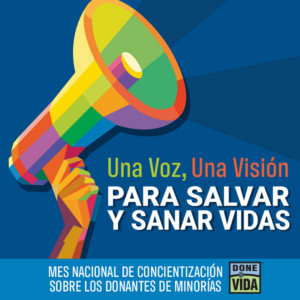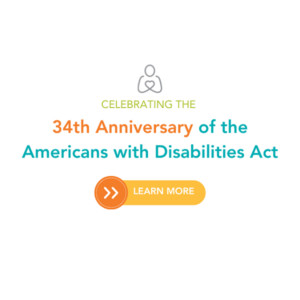Passed on March 27, 2020, the CARES Act—Coronavirus Aid, Relief, and Economic Security Act—includes multiple provisions to support small communities, small businesses, and nonprofits like Help Hope Live.
Here’s how the CARES Act supports charitable giving:
For Donors
Nonprofits are struggling to continue to meet community needs heightened by COVID-19 concerns. As a result, the CARES Act includes incentives for donors to continue giving to charity in 2020.
The CARES Act applies a temporary universal charitable deduction for all taxpayers of up to $300. Ninety-two percent of taxpayers take a standard deduction rather than itemizing their charitable giving—under the new provision, taxpayers who do not itemize can now directly benefit from their charitable cash donations.
For 2020, there is no limit on cash contributions to charities making them fully tax deductible. The CARES Act increases the typical limit of giving from 60% of your adjusted gross income to 100%.
For Businesses
The CARES Act increases the maximum that corporations can donate to charity from 10% to 25% of their adjusted income. The maximum that corporation can donate to charity for food inventory has increased from 15% to 25% of their gross adjusted income.
Caring for Communities
Among additional provisions to protect employment and support the economy, the CARES Act puts communities first by empowering individual and corporate donors to continue giving to the charities that matter to them. Always donate to trusted 501(c)(3) nonprofits—find out how to identify these nonprofits in this Blog post.
You can read the complete text of the CARES Act at congress.gov.
Written by Emily Progin










